Just four days after the tragic crash of a Boeing 787 Dreamliner into a hostel building in Ahmedabad that killed 274 people, a stunning revelation has emerged: 112 Air India pilots reportedly called in sick simultaneously. The information was disclosed by India`s Minister of State for Civil Aviation, Murlidhar Mohol, in the Lok Sabha on Thursday.
Minister Mohol said the mass sick leave, involving 51 commanders and 61 first officers, raises serious concerns about the psychological well-being of flight crews. He emphasized the importance of mental health management for aviation personnel, especially in the aftermath of such a devastating accident.
In response to a parliamentary question, Mohol also revealed that in February 2023, all Indian airlines had been directed to implement quick and effective mental health assessments during medical checkups. Airlines were also instructed to introduce "individualized and customized training modules" for stress management among pilots and air traffic controllers (ATCOs). Additionally, the government advised forming peer support groups to help identify and address colleagues’ mental health issues.
Meanwhile, India`s aviation regulator DGCA (Directorate General of Civil Aviation) has issued four show-cause notices to Air India, citing violations of crew fatigue management and safety training protocols. These notices are based on self-reported safety lapses by the airline over the past year.
Among the cited violations are failure to ensure adequate rest for cabin crew, breaches in training procedures, and operational protocol lapses. An Air India spokesperson told NDTV, “We have received the notices and will respond accordingly. These are related to voluntarily reported incidents. We remain committed to the safety of our crew and passengers.”
This comes as the airline has faced at least 13 safety-related notices in the past six months. The latest incident occurred Tuesday when an Air India Airbus A321 from Hong Kong to Delhi experienced a fire in its auxiliary power unit upon landing. No injuries were reported.
Within the previous 24 hours, two more safety events were reported: an aircraft from Kochi to Mumbai suffered engine cover damage after skidding on the runway, and another flight from Delhi to Kolkata aborted takeoff at the last moment. On Thursday morning, an Air India Express flight from Delhi to Mumbai was also canceled due to a fault in the speed display system.
Air India has been under scrutiny since the Ahmedabad crash. The Dreamliner went down just 32 seconds after takeoff. Preliminary investigation suggests that both fuel supply switches were mysteriously toggled from "RUN" to "CUTOFF" — shutting off the engines. These switches are designed to prevent accidental activation, but both were flipped within a second of each other.
This has fueled media speculation that the switches were deliberately turned off by a pilot. In a leaked cockpit audio clip, Captain Sumit Sabharwal is heard asking co-pilot Clive Kunde, “Did you shut off the fuel?” to which Kunde replies, “No.”
India’s Aircraft Accident Investigation Bureau (AAIB) has dismissed such speculation as “baseless and irresponsible.” The U.S. National Transportation Safety Board (NTSB), assisting in the probe, also criticized a Wall Street Journal report that first raised the theory.
Following the initial findings, India’s aviation authorities ordered checks on all Boeing aircraft’s fuel switches. Air India has since completed those checks and reported no issues.


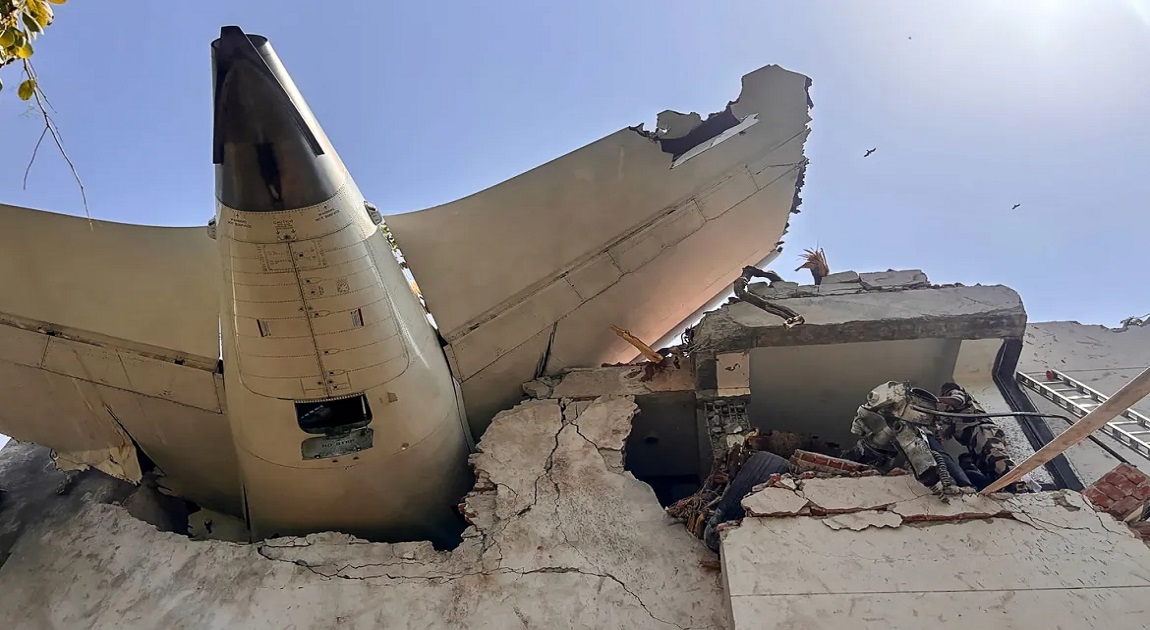


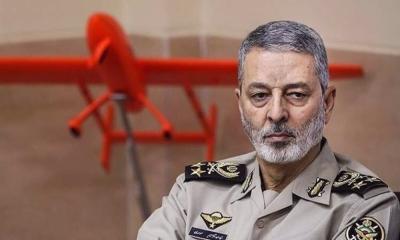


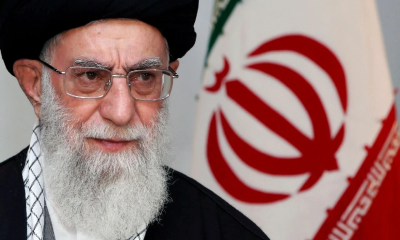
-20260301064029.webp)
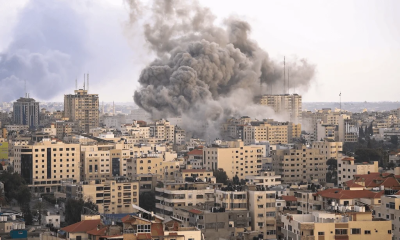

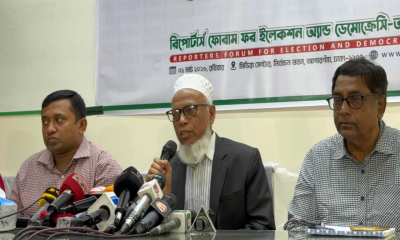
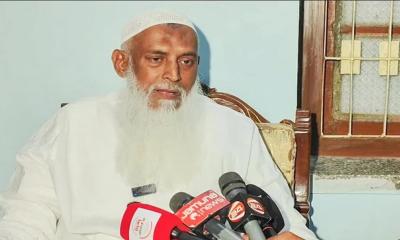
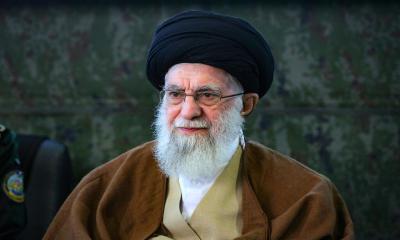
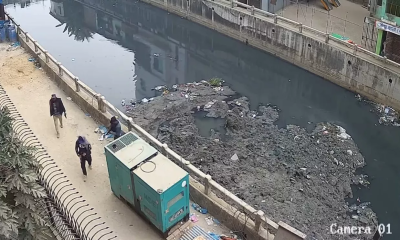
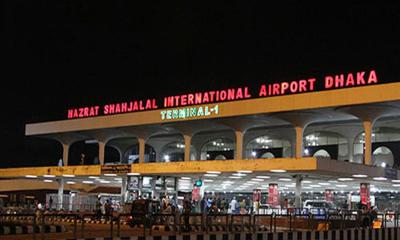

-20260228080513.webp)





-20260224075258.webp)






-20260225072312.webp)
